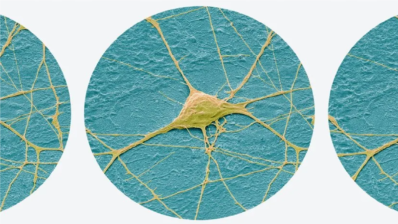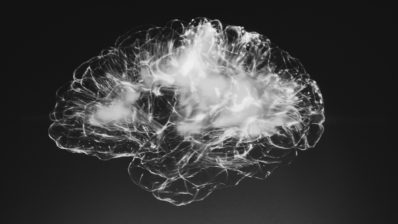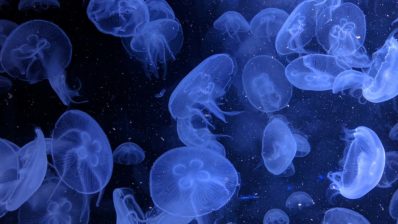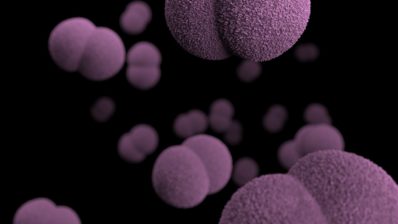The consumption of alcohol by the mother during pregnancy can affect the development of the fetus, causing a series of physical, cognitive and behavioral abnormalities that are included within the fetal alcohol spectrum disorder (FASD).
However, the mechanisms by which these alterations occur are very complex and not yet fully known. In our group we have studied in mice the effects of sporadic alcohol consumption following a “binge” pattern during periods of pregnancy and breastfeeding intermittently. “Binge” type consumption is defined as the consumption of high amounts of alcohol in a short period of time.
Neuronal effects of alcohol
In previous studies, we had seen that the offspring of mice exposed to alcohol during critical periods for the development of the central nervous system show deficits in the cognitive, motor and behaviour level at the adult stage, despite not having physical alterations at birth. Thus, these mice represent an animal model of the fetal alcohol spectrum disorder (FASD).
In a recent study, we had already described that binge alcohol consumption during pregnancy causes an increase in neuroinflammation and a reduction in myelin proteins in areas of the brain involved in memory processing and executive functions, such as the hippocampus and the prefrontal cortex, and these effects remain until the adult stage (Cantacorps et al., 2017). In addition, we also demonstrated that young people exposed to alcohol during development exhibit alterations in the connectivity of neuronal circuits, thus showing functional alterations that remain until the adult stage (Cantacorps et al., 2018).
Alcohol consumption during pregnancy affect to memory processing and executive functions, and these effects remain until the adult stage.
Long term epigenetic modifications
In this study, published in the Journal of Psychopharmacology, we have shown that the prenatal exposure to alcohol in a binge pattern causes epigenetic changes that remain over time in the hippocampus and the prefrontal cortex, brain areas involved in cognitive and executive functions. The study was carried out in collaboration with the research group on cellular and molecular pathology of alcohol from the Príncipe Felipe de Valencia research center, led by Dr. Consuelo Guerri.
While it is true that other studies have shown epigenetic changes in offspring after prenatal alcohol exposure, this is the first study to evaluate epigenetic changes in the adult stage after binge alcohol consumption during the periods of gestation and lactation.
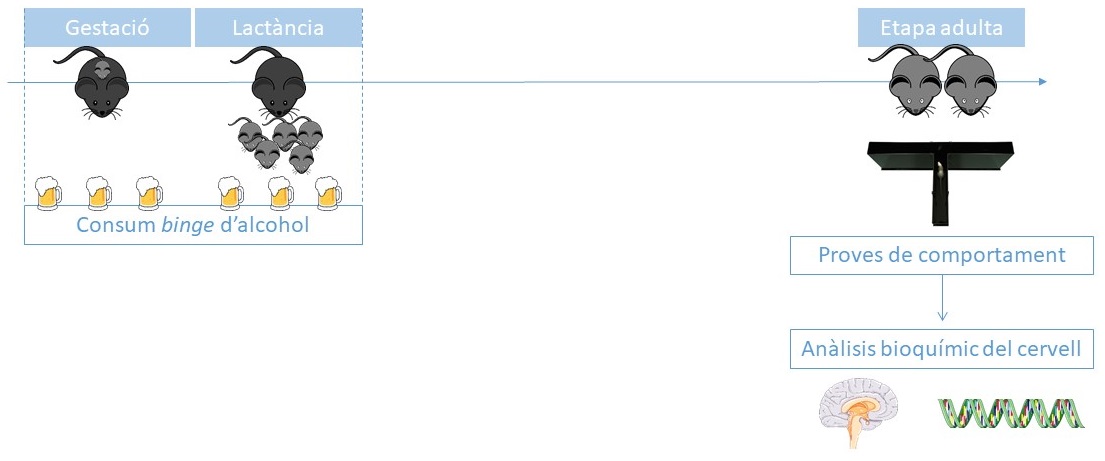
It is the first time that epigenetic changes maintained during the adult stage are seen in the offspring of mothers who have consumed alcohol in ‘binge’.
In the study, pregnant mice were exposed to a 20% alcohol solution for 2 hours, 3 consecutive days, and on the fourth day they had access to the solution for 4 hours. This procedure was repeated weekly throughout the period of pregnancy and lactation, until the young mice were separated from the mother, thus modeling alcohol consumption in the form of binge. The offspring (males) were allowed to grow up to the adult stage, specifically, up to 60 days post-natal, and the effects of maternal alcohol consumption on their behaviour were assessed.
Specifically, we evaluated cognitive flexibility, learning and spatial memory using a T-shaped labyrinth in which the mice had to swim until they found the platform submerged in the water in one of the arms of the labyrinth. Once the animals have learned the location of the platform, this is changed, and the mice must re-learn where it is. Subsequently, several brain areas, such as the prefrontal cortex and the hippocampus, were extracted, and epigenetic modifications were analyzed.
The epigenetic changes that we have described in this work involve the modification of histones, specifically an increase in the acetylation of these proteins. In general, it has been described that an increase in histone acetylation involves a modification of the chromatin structure that facilitates gene transcription. Therefore, these epigenetic changes could be related to an increase in the expression of genes involved in inflammatory processes or other signaling pathways affected by alcohol.
Epigenetic changes observed in the offspring of exposed mothers to alcohol could be related to an increase in the expression of genes involved in inflammatory processes
In addition, the epigenetic alterations could be associated with the behavioral changes we have observed in our FASD animal model in the adult stage. In this same study, we have demonstrated that mice from alcoholic mothers – for which we have seen an increase in histone acetylation – face difficulties in remembering the position of the submerged platform in the water in a T-shaped labyrinth, thus showing spatial memory and learning deficits.
Therefore, the epigenetic changes we have observed could be a possible mechanism by which alcohol may be affecting the development of the brain and could therefore be considered as a possible therapeutic target to counteract the effects of alcohol.
Video-interview in Catalan:
Lídia Cantacorps, Silvia Alfonso-Loeches, Consuelo Guerri, Olga Valverde. Long-term epigenetic changes in offspring mice exposed to alcohol during gestation and lactation. Journal of Psychopharmacology, 2019.



